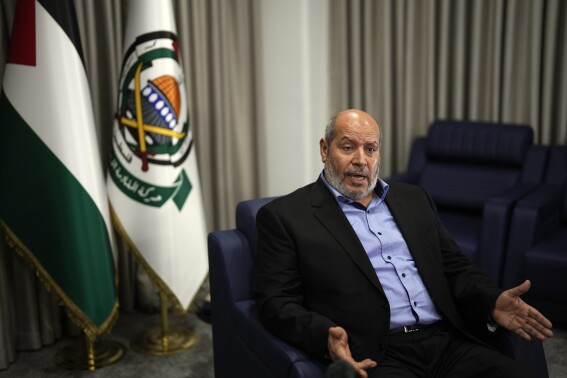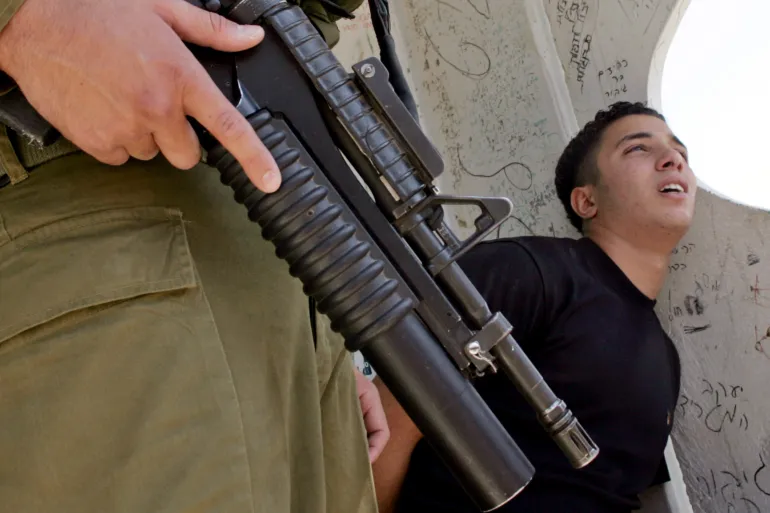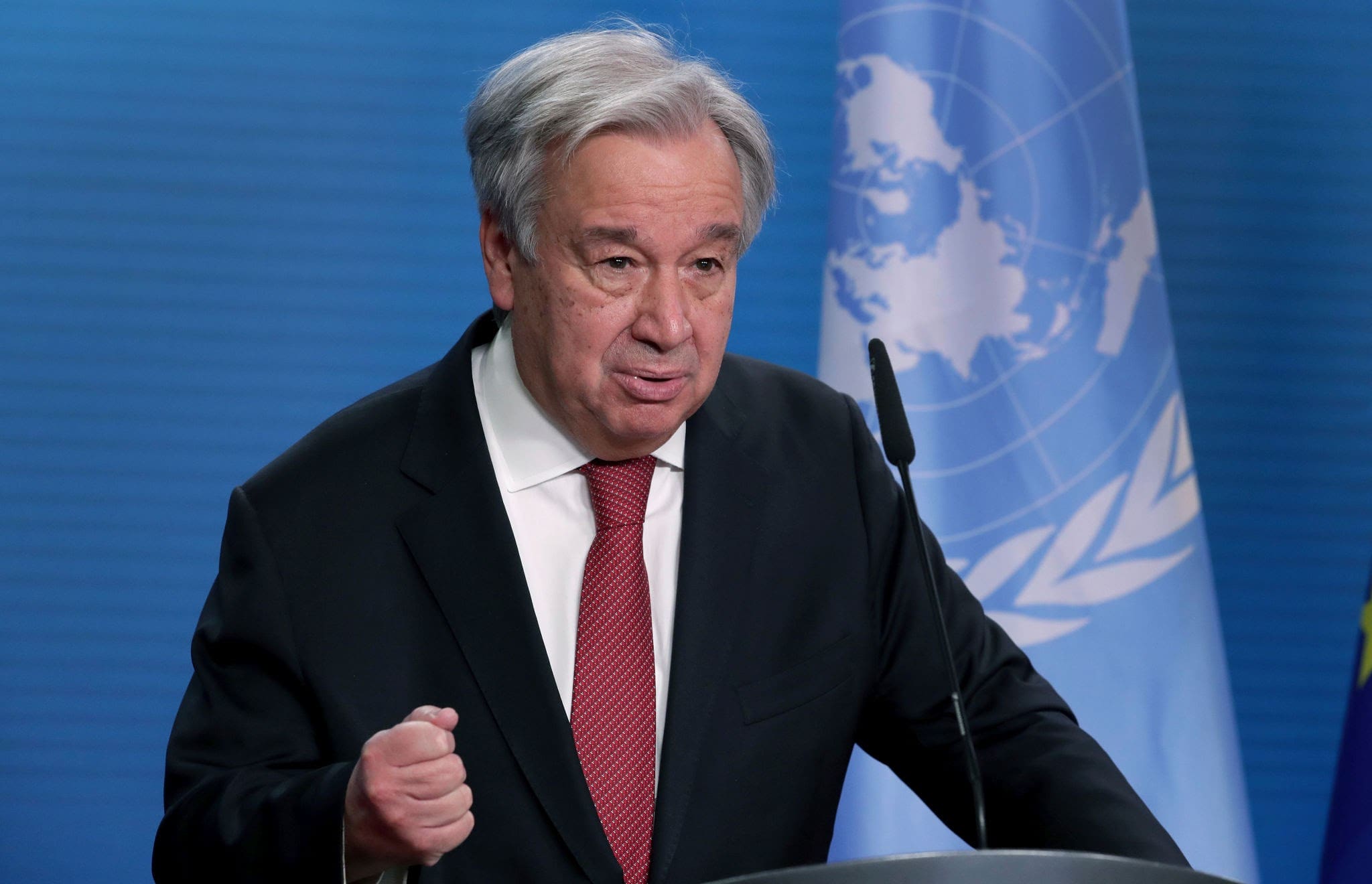Yahya Sinwar, the leader of Hamas in Gaza, is widely recognized as the architect behind the brutal October 7, 2023, massacre that shocked the world. This heinous act of terrorism saw approximately 6,000 Palestinians infiltrate Israel, including about 3,800 members of Hamas, UNRWA, and other terrorist organizations operating in Gaza. Disturbingly, about 2,200 Gazan civilians also participated in this inauguration of mass violence.
The massacre resulted in the murder of 1,163 individuals, most of whom were Israeli and foreign citizens. Victims included babies, children, women, and the elderly. Among the casualties were 301 heroic IDF soldiers, 55 police officers, and 10 Shin Bet personnel who gave their lives defending their country. These atrocities were accompanied by the abduction of over 200 hostages, forcibly taken into Gaza under Sinwar’s command.
A Terrorist Celebrated
Despite being directly responsible for unspeakable crimes against humanity, Yahya Sinwar was shockingly named the 2024 Person of the Year in the Arab world in a poll conducted by the Egyptian network “Rased,” where he garnered an overwhelming 85% of the votes. This troubling accolade underscores a deeper and more sinister reality—the widespread normalization and glorification of violence and bloodshed within certain segments of society. Such recognition not only emboldens Sinwar and his Hamas leadership but also perpetuates a dangerous cycle of extremism, regional instability, and human suffering.
By celebrating Sinwar, supporters send a powerful yet deeply disturbing message: acts of violence, such as the mass murders and atrocities carried out on October 7, are not only acceptable but worthy of honor. This twisted validation bolsters Hamas’ propaganda narrative, portraying their leadership as “heroes” of resistance while deliberately obscuring their use of barbaric tactics, including targeting civilians, taking hostages, and using human shields. The poll results reveal the alarming extent to which some communities have embraced this ideology of destruction, making it clear that the fight against extremist groups like Hamas is not just a military battle but also an ideological and cultural one.
This recognition of Sinwar as a “hero” is not merely symbolic—it serves to legitimize and embolden his reign of terror. Within Gaza, such endorsements strengthen his grip over the population, suppressing dissent and silencing those who might oppose his brutal rule. Internationally, it sends a chilling signal to other extremist factions, inspiring them to adopt similarly barbaric methods in pursuit of their agendas. Every vote cast in his favor is a step toward further normalizing terror as a viable means of governance and resistance, creating ripple effects that extend far beyond Gaza and the immediate conflict.
The glorification of Sinwar is particularly insidious because it erases the suffering of the victims of his violence—both those massacred on October 7 and the hostages he continues to exploit. It also deepens the divide between those seeking peace and those who thrive on chaos. Far from being a moment of pride or celebration, the elevation of Sinwar to “Person of the Year” status is a glaring indictment of a mindset that prioritizes destruction over dialogue and carnage over coexistence.
It is imperative for the international community to not only condemn this dangerous glorification but to actively challenge the narratives that enable such figures to gain prominence. Yahya Sinwar is not a hero—he is a warlord whose legacy will forever be stained with the blood of the innocent. To honor him is to endorse his heinous actions, and in doing so, the world risks perpetuating an ideology of terror that continues to claim countless lives. This recognition is a stark reminder of the urgent need to confront and reject such dangerous idolization before it leads to even greater suffering.
A Legacy of Bloodshed and Tyranny in Gaza
As the leader of Hamas in Gaza, Yahya Sinwar has entrenched himself as both a tyrant and a mastermind of destruction, perpetuating a culture of violence and subjugation. His rule has turned Gaza into a stronghold of extremist ideology, where the suffering of the population—complicit to varying degrees—becomes a tool for advancing his brutal agenda. Sinwar’s orchestration of the October 7 massacre, one of the most horrific atrocities in recent memory, stands as a testament to his willingness to commit unspeakable crimes.
Under Sinwar’s reign, the local populace is forced into supporting his war efforts, willingly or under coercion. Children are exploited as tools of his war machine, compelled to dig the extensive network of tunnels that Hamas uses to smuggle weapons, plan attacks, and hide during conflicts. These tunnels, glorified by Hamas as “symbols of resistance,” are death traps for those who are made to build and maintain them. Sinwar himself hides within this underground network like a coward, shielded from harm, while others are forced to risk their lives above ground. This blatant exploitation of the population, especially its younger members, exemplifies the extent of his disregard for human life.
During the recent war, Sinwar’s cruelty reached new depths as he used abducted civilians from Israel—men, women, and children—as human shields, keeping them close in his underground hideouts to protect himself. This appalling tactic not only jeopardized their lives but highlighted his complete lack of honor or humanity. When the Israeli forces closed in on his location, Sinwar reportedly executed some of the hostages at point-blank range rather than allow them to be rescued, further demonstrating his depravity.
Sinwar’s use of human shields, exploitation of children, and cold-blooded killing of captives expose the true nature of his leadership. He is not a protector of the people he claims to represent but a warlord who thrives on destruction, manipulation, and fear. His actions have entrenched the cycle of suffering, leaving little room for hope or progress in the region. The global community must recognize Sinwar’s legacy for what it is: a reign of exploitation and violence that demands accountability and rejection, not celebration or glorification.






